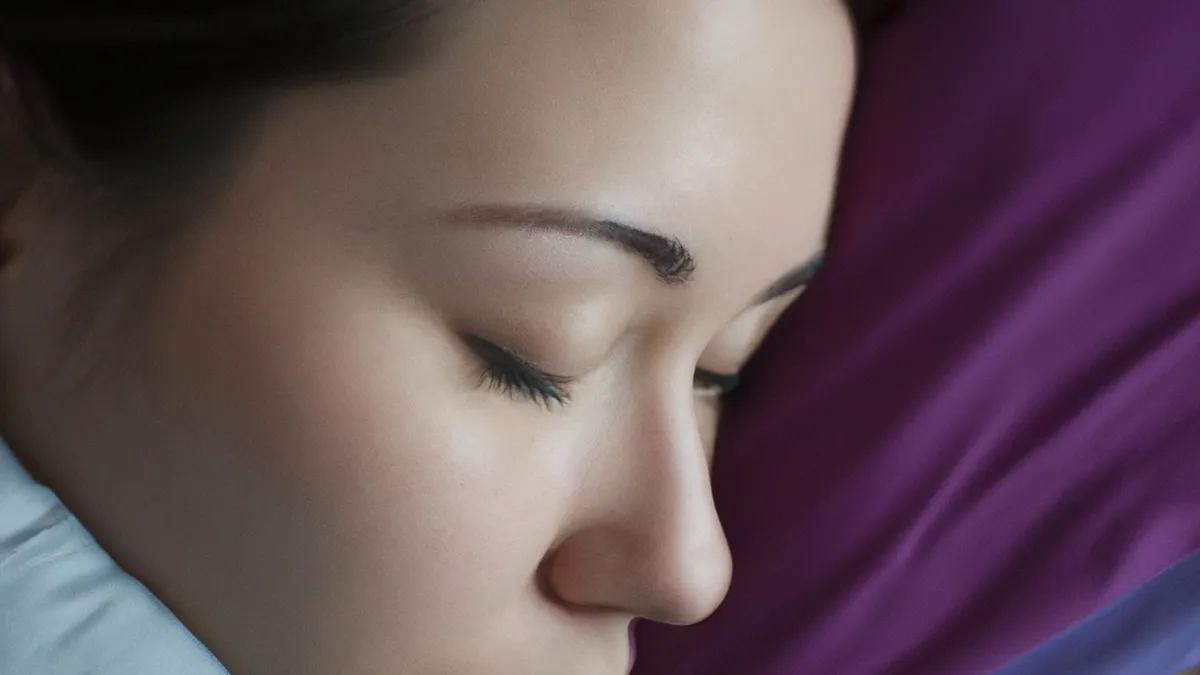Roller Density: Firm vs Soft Explained
Choosing the Right Foam Roller for Your Fitness Level and GoalsFoam rollers serve as essential tools in fitness and recovery. They relieve muscle tension, improve mobility, and enhance performance. With many options available, selecting the right foam roller can feel overwhelming. This guide helps you choose based on your fitness level and goals.
As an Amazon Associate I earn from qualifying purchases.
Gear tip: consider foam roller, massage gun, and lacrosse ball to support this topic.
Understanding Your Fitness Level
Assess your current fitness level before purchasing a foam roller. Beginners often need different rollers than seasoned athletes. Understanding your level leads to a more effective choice.
Beginners
New users should start with a softer roller. Softer foam rollers apply gentle pressure, easing the learning process. A smooth surface helps beginners acclimate to foam rolling without discomfort.As you get used to foam rolling, gradually transition to firmer rollers. This change allows you to target deeper muscle layers and release tension effectively.
Intermediate Users
As you gain experience, consider a medium-density foam roller. These rollers balance firmness and comfort, applying enough pressure without excessive pain. You might also explore textured foam rollers with ridges and bumps. These features help you target specific muscle groups more effectively.
Advanced Users
For consistent users with high tolerance for discomfort, high-density foam rollers work best. These firm rollers excel at deep tissue massage, breaking down muscle knots and enhancing flexibility. However, beginners may find these painful. Ensure you’re ready for the intensity and listen to your body.
Setting Clear Fitness Goals
Your fitness goals greatly impact your foam roller choice. Different objectives require different rollers, so clarify your goals.
Recovery
If recovery is your primary goal, choose a softer, larger foam roller. A larger roller supports more body weight, offering gentle relief and a broader range of motion. This option works well for post-workout recovery.Foam rolling after workouts reduces muscle soreness and stiffness, promoting quicker recovery. Using a recovery-focused roller enhances your workout experience and maintains your training consistency.
Performance Enhancement
For performance enhancement, opt for a medium to high-density foam roller. These rollers increase blood flow.
Conclusion
In summary, choose a foam roller that fits your fitness level and goals. Prioritize your needs to maximize your foam rolling experience.
Below are related products based on this post:
FAQ
What type of foam roller should beginners use?
Beginners should start with a softer foam roller, as it applies gentle pressure and eases the learning process. A smooth surface helps them acclimate to foam rolling without discomfort.
What should intermediate users consider when choosing a foam roller?
Intermediate users should look for a medium-density foam roller that balances firmness and comfort. They may also explore textured rollers with ridges and bumps to target specific muscle groups effectively.
What is the best foam roller for advanced users?
Advanced users with a high tolerance for discomfort should opt for high-density foam rollers, which excel at deep tissue massage. These firm rollers help break down muscle knots and enhance flexibility but may be painful for beginners.















Post Comment